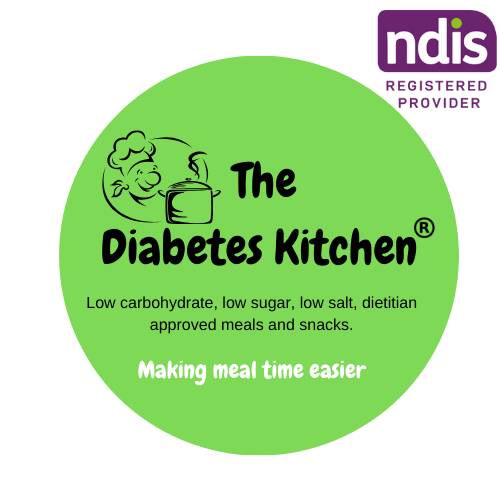With the Labour Day weekend and Easter this month, lots of people use this extra time off to travel. Additional preparation and strategising are necessary when traveling with all types of diabetes to ensure effective management while away from home. Consider the following essential advice when embarking on a trip away.
It is imperative to ensure that one carries a sufficient inventory of essential medical supplies, including diabetes medications, insulin (if applicable), blood glucose monitoring equipment (including glucose meters, test strips, and lancets), and any other supplies deemed necessary. It is a good idea also, to bring additional supplies in the event of unforeseen delays or emergencies.
It is advisable to carry a medical identification bracelet or necklace that prominently displays one's diagnosis of diabetes. This can provide critical information regarding how to assist you and alert others to your condition in the event of a medical emergency.
It is recommended to travel with diabetes medications, insulin, and blood glucose monitoring supplies in carry-on luggage when undertaking air travel or other modes of conveyance. This guarantees constant accessibility to your medications and supplies, notwithstanding the potential misplacement or postponement of your checked baggage.
Meal and Snack Planning: Conduct thorough research on local grocery stores and restaurants that provide nutritious meal options that are well-suited for individuals with diabetes. It is advisable to pack between-meal snacks consisting of almonds, fruit, or granola bars in order to facilitate blood sugar stabilisation.
Maintain Hydration: It is crucial to consume ample water during your travels, particularly if you will be spending extended periods of time in transit or in arid regions. Alcoholic and sugary beverages should be avoided, as they can deplete hydration and blood sugar levels.
It is important to be ready for time zone changes when traveling across multiple zones. To ensure treatment consistency, alter your diabetes medication schedule accordingly. It is advisable to seek guidance from your healthcare provider regarding the necessary adjustments to your medication doses.
Maintain an Active Lifestyle: Plan your travels with an emphasis on physical activity by engaging in activities such as walking tours, investigating your destination on foot, or participating in other pleasurable pursuits that encourage movement. Engaging in regular physical activity can aid in blood sugar regulation and promote overall health.
It is imperative to consistently monitor one's blood sugar levels, particularly in instances of travel-related tension, routine changes, or after consuming meals. Anticipate the need to modify your diabetes management regimen in response to both your blood sugar levels and any additional symptoms that may manifest.
Prepare for Emergencies: Become informed about the emergency services and medical facilities available at your destination. Maintain a list of emergency contacts in the event of unforeseen medical issues; this list should include the contact information of your healthcare provider and any pertinent medical history.
Prioritise Self-Care: In order to maintain optimal health while traveling, it is essential to prioritize self-care and regulate stress levels. Ensure adequate rest, engage in relaxation techniques, and pay attention to your body's signals in order to prevent exhaustion and overexertion.
By engaging in preemptive measures and meticulous preparation, one can ensure a secure and prosperous journey while efficiently controlling type 2 diabetes.
For personalised guidance and recommendations regarding travel with diabetes, it is advisable to consult with your healthcare provider if you have any specific concerns or inquiries.





